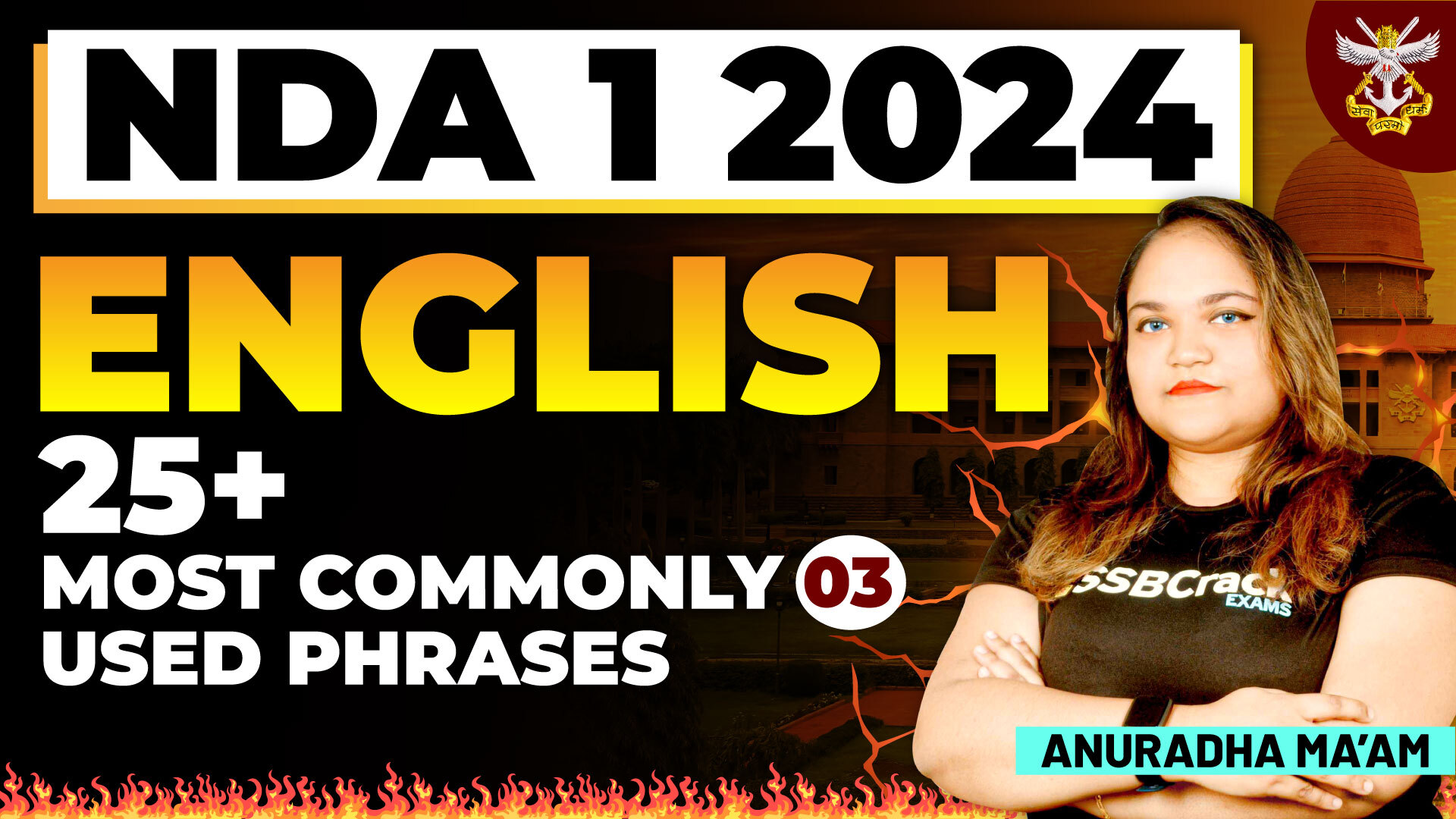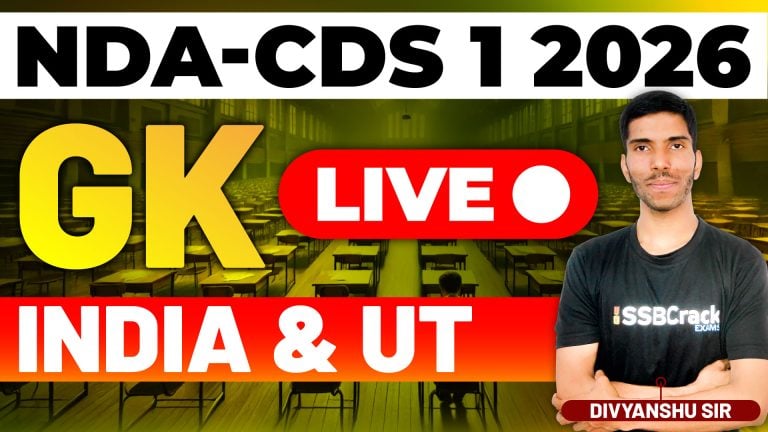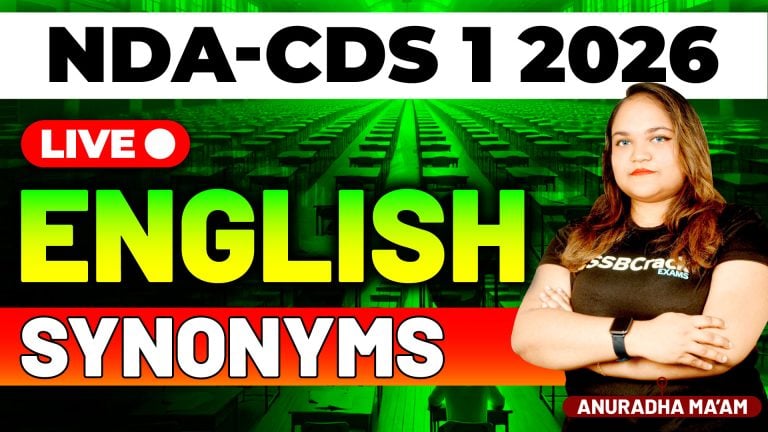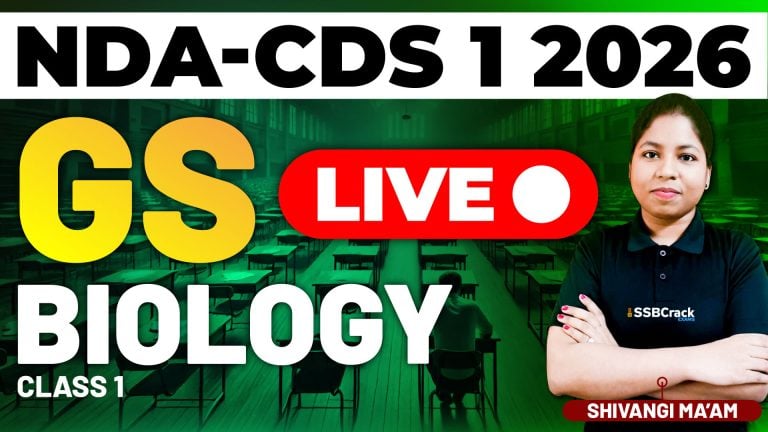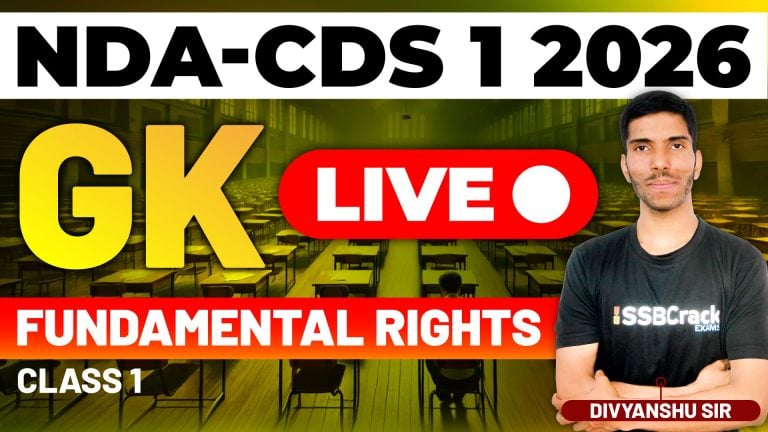The National Defence Academy (NDA) 1 2024 exam presents a rigorous assessment of candidates’ language proficiency, with a focus on English comprehension and communication skills. Among the various components of the English section, familiarity with essential English phrases is paramount. In this article, we compile a comprehensive guide to the most important English phrases that aspirants should master for the NDA 1 2024 exam.
•To do good: to act in a manner that others are benefitted.
E.g., Do good in all the ways you can, to all the people you can .
He is doing well = succeeding in his new line of business.
The patient has been doing well = progressing favourably.
He is doing good by his lecturing = he is accomplishing good results.
He is doing well by his lecturing = he is making a good deal of money by his lecturing.
He is doing well in his lecturing = he is doing the work of a lecturer well.
•To do well out of something: to derive profit from the activity.
E.g., Ramesh did well out of that investment.
•To do one’s best: to put forth one’s best efforts.
•To be well to do: to be in prosperous circumstances, to be well off. Well-to-do is sometimes put before a noun as a Compound adjective, and is also used as a noun.
E.g., He is a ‘well to do man’ means he is a prosperous man.
•To do one good: to be of advantage or benefit to one.
E.g., These medicines did me good.
•To do one a favour or a kindness: A formally polite expression.
E.g., Will you do me the favour of accepting this small gift ?
You will do me a kindness if you will append your name to the list of donors.
•To do a thing by fits and starts: to do a thing impulsively and a small portion of it at a time.
E.g., To study by fits and starts is not the proper way to prepare oneself for the IAS exams.
•To do a thing off-hand: to do it at once without delay or hesitation; to do it with ease and without preparation.
E.g., I gave him a difficult problem in Algebra and he did it off-hand.
•To do a thing by hook or by crook: to do it by any means fair or unfair, no matter by what means.
It is said that a French admiral in a time of war once wanted to bring his warship into Waterford Bay, in the South of Ireland. At the entrance to the bay there are two headlands, one on each side, one called Hook Head, and the other Crook Head. The admiral declared that he would enter either ‘by Hook or by Crook’, meaning that he would pass in by keeping
near to one or other of the headlands.
E.g., Now-a-days every one wants to make money by hook or by crook.
For more, check out 25+ Most Commonly Used English Phrases | Part 3 | NDA 1 2024 | UPSC
Conclusion
Mastering these essential English phrases is crucial for success in the NDA 1 2024 exam. By familiarizing themselves with these expressions and practicing their usage in context, aspirants can enhance their communication skills and approach the exam with confidence. Incorporating these phrases into daily practice and conversations will not only strengthen language proficiency but also pave the way for effective communication in the dynamic environments of the armed forces.
